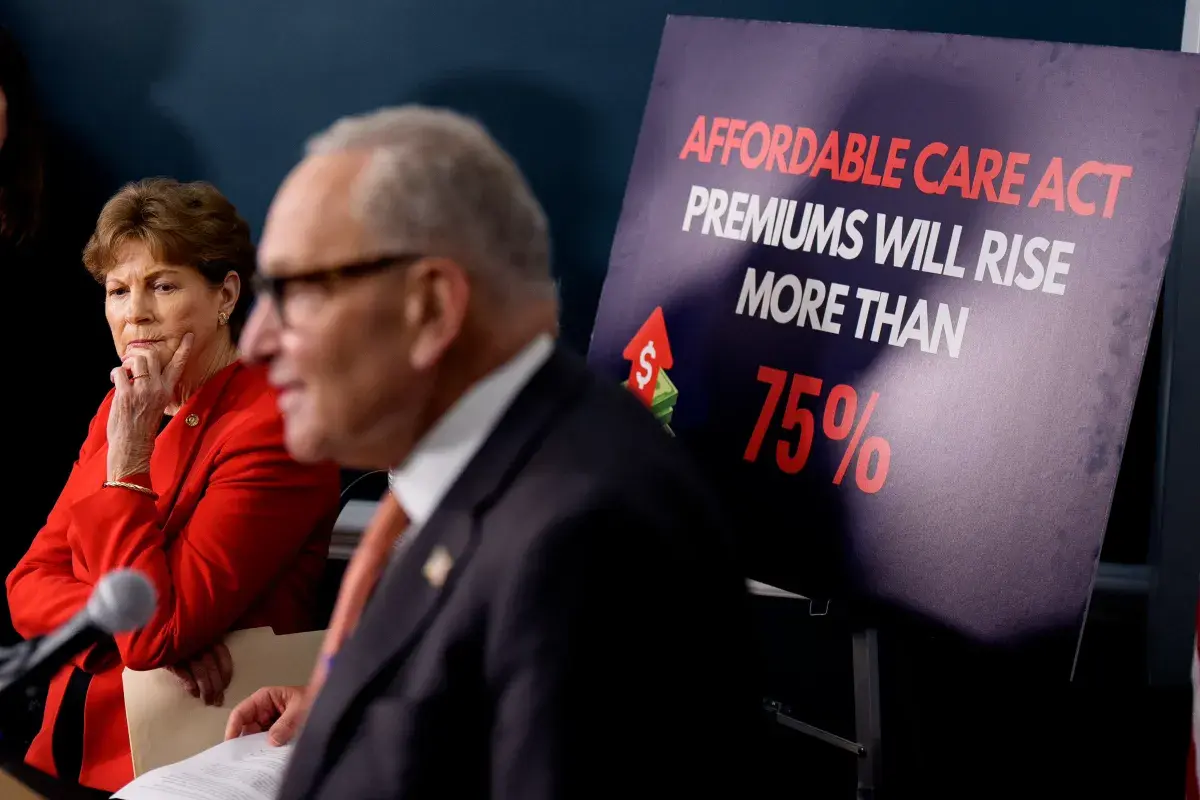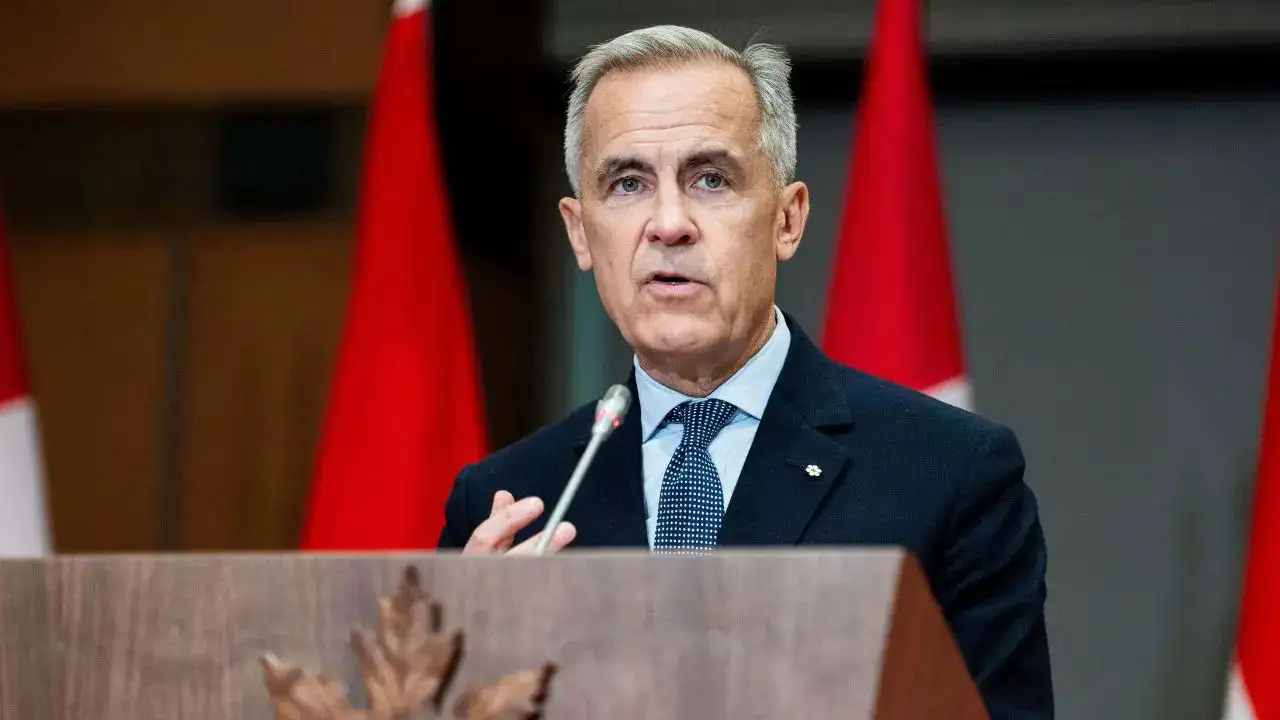Copyright Newsweek

As open enrollment begins for the Affordable Care Act (ACA) marketplaces, around 20 million Americans will sign up for or renew their health insurance on either HealthCare.gov or in some states, on their states’ websites, such as Kynect in Kentucky or Your Idaho Health. This year, Americans are in for a terrible surprise: their average monthly cost of their health insurance will double in price. For families already stretched thin, this is a deadly crisis. Families already living on tight budgets can expect their premiums, co-pays and deductibles to skyrocket. Across the nation, rural hospitals and clinics are closing. All of this is the direct result of Republicans’ refusal to resolve a crisis of their own making. Republicans in Congress and the Trump administration are in full control of the federal government, and recently used their majority to pass a tax law with the largest health care cuts in U.S. history. They partly paid for this by slashing nearly $1 trillion dollars from Medicaid and Affordable Care Act coverage. This law will directly strip 10 million Americans of their health insurance, with another 5 million expected to lose coverage because of the decision to eliminate enhanced ACA tax credits and other key provisions that kept premiums affordable. Tens of millions of Americans, including over 600,000 veterans and nearly 12 million small business owners, workers or people self-employed, will face higher health care costs—all so the richest Americans can get a tax cut. Congressional Republicans are stacking the deck against American workers: two out of three workers are already unable to cover a $500 emergency expense, such as a flat tire or a leak in their roof. Yet, a family of four with $90,000 in income will pay over $3,700 more out-of-pocket for their health insurance in 2026. A 60-year-old couple making around $85,000 a year could see their annual premiums increase by over $22,000. Someone making $35,000 a year—about $17 per hour—will see their premiums rise by nearly $1,600. The impact is already rippling through communities. Medicaid and the ACA don’t just support their enrollees, they also support hospitals, community health centers and doctors and nurses across our health care system. We’ve already seen some shut their doors—like Georgia’s St. Mary’s Health Care System and Nebraska’s Curtis Medical Center. When a hospital closes, the fallout doesn’t stop at that county line. Nearby emergency rooms become overcrowded, ambulance wait times grow longer and patients in crisis are forced to travel farther for treatment. Even families with private insurance will wait longer as hospitals struggle to absorb the overflow. And this strain goes beyond hospitals. Across the country, Medicaid cuts will leave millions of seniors, children and people with disabilities without the care they rely on. The Affordable Care Act—and the tax credits that support it—have been lifelines for more than 20 million Americans. They’ve made coverage affordable for people who don’t get insurance through their jobs, helping small business owners, farmers, retirees and working families stay protected. Without these tax credits, premiums could rise by hundreds or even thousands of dollars overnight. For many households, that’s going to force working parents to choose between their prescriptions or their car payment. These tax credits are not unique to the ACA marketplaces. Every insurance type, such as coverage through your employer, Medicare, Medicaid and Tricare for the military, use government subsidies so that premiums are lower and so that insurers and hospitals participate in the market. When your employer sponsors your health care, they receive tax breaks for doing so and so do you, subsidizing your insurance with taxpayer dollars as well. There’s no reason we should treat cost reductions for the ACA marketplace any differently than we treat any other insurance. Democrats have made clear where they stand: They support a bipartisan budget that keeps health care tax credits in place and protects coverage for working families. What they won’t support is a budget that takes away health care while handing new tax breaks to the wealthy and big corporations. This shouldn’t be about politics. It’s personal—for every one of us who believes Americans should be able to see a doctor when they’re sick without going broke, and that hospitals, nursing homes and community health clinics should remain open and strong. It’s time for our elected leaders to put America’s health first and end this crisis before it pushes our system past the breaking point. Chiquita Brooks-LaSure is a senior fellow at The Century Foundation, having previously served as the administrator for the Centers for Medicare and Medicaid Services (CMS). The views expressed in this article are the writer's own.



